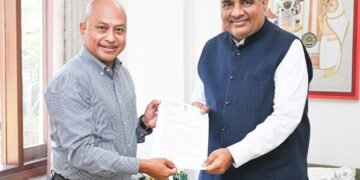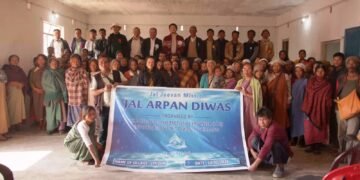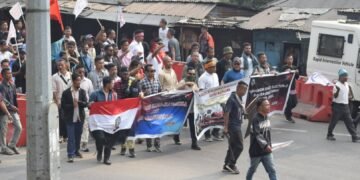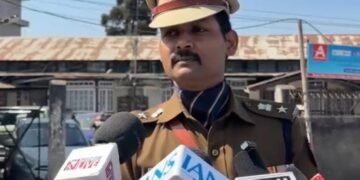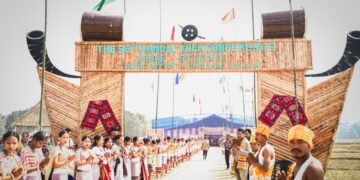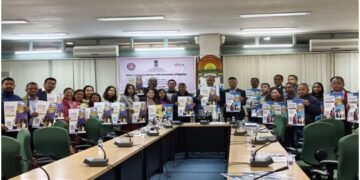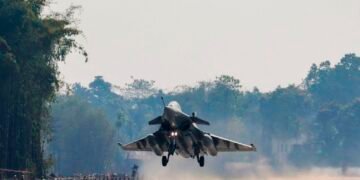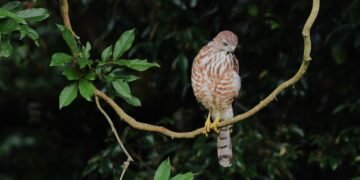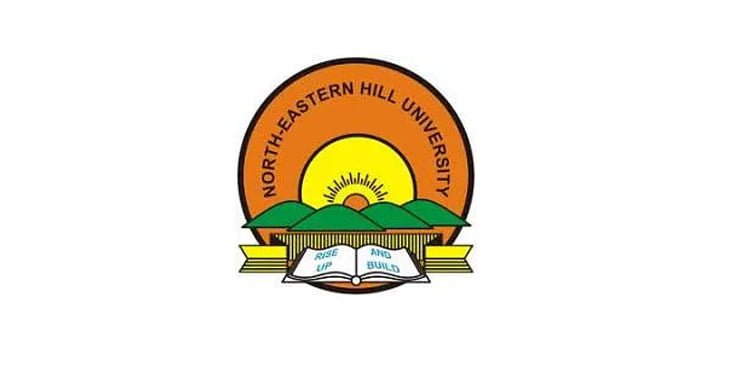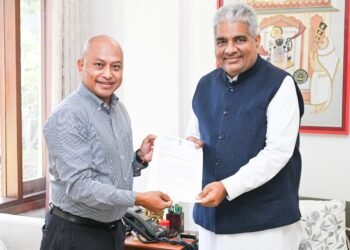North Eastern Hill University and Melbourne University, Australia have collaborated in a project with British Library Endangered Archives Programme (BLEAP) to invest in endangered cultural materials in Khasi-Jaiñtia Hills region.
This was informed by Professor Andrew J. May of History at the University of Melbourne, during the sidelines of the BLEAP Public Consultation which was organised at the Tango Hall of Hotel Vivanta yesterday.
“Since 2019 we have been looking around the region for cultural materials, endangered documents, newspapers, letters, maps, photographs and so on in order to digitise them and preserve them and make them available through the British Library Endangered Archives Programme website, NEHU and University of Melbourne,” May told reporters.
He said that the project was to digitise archival materials and also some folklore and oral recordings and interviews that have already been made in the 1990s.
May also said that in the project of language preservation making the materials secure and available is part of the health of a language.
This project is funded by the Arcadia Fund.
Meanwhile, folklorist and NEHU professor Desmond Kharmawphlang said that through this project many materials and documents were digitised which were available in people’s homes or in institutions.
He said that the group went to Hima Sohbar in East Khasi Hills where important documents with historical and cultural values were available and these were digitised.
Kharmawphlang said such materials are not taken away by them but are kept with the owners themselves but are digitised with the help of computers and cameras funded by the project.
“We maintain with us the digital or electronic copies. We also give the owners these copies but the original ones remain with the owners,” he added.
Kharmawphlang also informed that in Nartiang they came upon an old map which shows the boundaries of Hima Sutnga.
He also informed that in Shillong, the works of U Soso Tham in the form of letters written by him to his son were digitised when the latter was serving in the World War.

